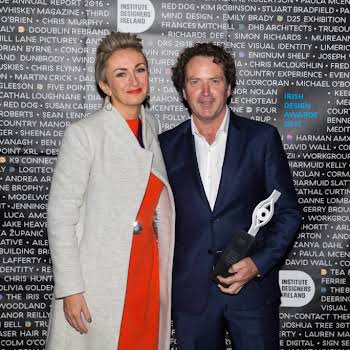
By Jennifer McShane
18th Feb 2016
18th Feb 2016
Confirming what some females know to be true already, a professor of reproductive health at University College London has compared period pains to “having a heart attack,” saying they need to be taken more seriously.
Despite the fact that talking about one’s menstrual cycle is quite “in” nowadays, Frank Tu, Director of Gynecological Pain at NorthShore University HealthSystem, said some physicians are taught that ibuprofen ‘should be good enough.” Therefore, many women chose to just “put up” with the pain (no matter how severe), rather than get adequate treatment for it.
According to statistics, one in five suffers from Dysmenorrhea, the clinical term for painful periods, which has no definitive medical origin. One in ten also suffers from Endometriosis, a condition without known cause that causes severe period pain and occurs in women where the lining of the womb decides to venture into the pelvic area, ovaries and other places in the body.
Professor John Guilleaud from the University College London said menstrual cramping can be as “bad as having a heart attack,” adding that that doctors can have a lax approach when it comes to dealing with this. “I think it happens with both genders of doctor. On the one hand, men don’t suffer the pain and underestimate how much it is or can be in some women. But I think some women doctors can be a bit unsympathetic because either they don’t get it themselves or if they do get it they think, ?Well I can live with it, so can my patient.??
This, he says, is not the right attitude to have. And we firmly agree.
?Men don’t get it, and it hasn’t been given the centrality it should have. I do believe it’s something that should be taken care of, like anything else in medicine,? said Guillebaud.
Richard Legro, M.D., of Penn State College of Medicine, added that without a lobby championing the need for research, researchers won’t start paying more attention to the condition. He points out that public discussion of period pain is widely kept hush. For example, he says that in the US, several news channels are reluctant to use the words ?vagina? or ‘menstrual bleeding,? which makes it practically impossible to discuss painful periods.
?We live in a country that doesn’t really want to face those disorders because they make us think of sex and abortion and embryos and all those ?bad? things,? he said. The solution, he adds, is for women who suffer from menstrual pain to speak openly about their symptoms: “Period pain affects millions of women, and it needs to be talked about. ?We need to speak about it on Oprah and national TV,? he says. ?This is nothing to be ashamed of, it’s a common disorder, and it shouldn’t be ignored.?
We second, third and fourth that.
Via The Independent






















